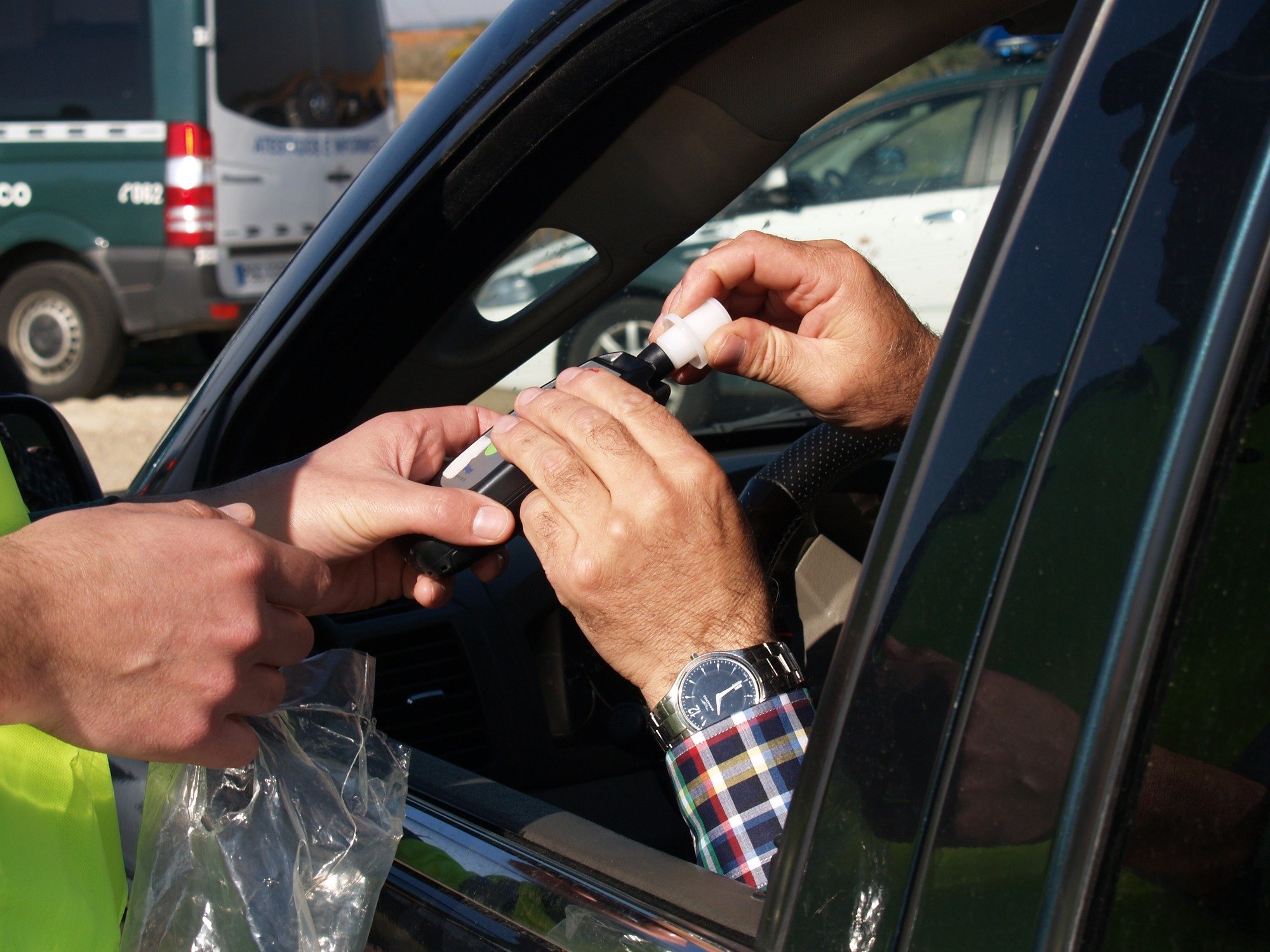We know it’s bad, but we do it anyway: drink and drive. In fact, 53.5% of people feel capable of driving after drinking, so it’s no surprise that many of us get behind the wheel when we’re not 100% sober. It’s certainly easier than calling a taxi, then picking up your car the next day while hungover!
Some people are lucky and get away with driving while impaired, while others aren’t as fortunate. You may have a bad night where you’re basically sober, but still get held back at a DUI checkpoint.
If this happens, it’s imperative that you understand your rights regarding DUI laws. here’s what you should know.
Contents
Right to Remain Silent
As with all dealings with law enforcement, you have the right to remain silent. You aren’t obligated to answer questions beyond providing your identification and basic information. This includes your driver’s license, vehicle registration, and proof of insurance if requested at the checkpoint.
You can politely decline to answer questions related to your activities or whether you’ve consumed alcohol or drugs.
Refusal to Participate in a Field Sobriety Test (FST)
In many jurisdictions, you have the right to refuse to participate in FSTs. These tests are designed to assess physical and cognitive impairment and are subjective in nature.
However, refusal to take these tests may result in consequences such as arrest or suspension of your driver’s license, depending on local laws.
Implied Consent Laws
Many states have implied consent laws, which means that by driving a vehicle, you’ve already consented to chemical testing if you’re suspected of driving under the influence. These can include breath, blood, or urine tests.
Refusal to submit to these tests may result in administrative penalties such as license suspension, even if you aren’t ultimately convicted of a DUI.
Request for Legal Representation
If you’re detained or arrested at a DUI checkpoint, you have the right to request legal representation.
It’s important to contact a DUI lawyer as soon as possible to understand your rights and options. Make sure you don’t say anything unless your DUI attorney says it’s ok to.
Remain Calm and Polite
It can be scary to be pulled over for a traffic offense already. Add in alcohol, and it may make you emotional.
It’s important to remain calm and polite when interacting with law enforcement officers at a DUI checkpoint. Avoid engaging in arguments or confrontations, even if you think they’re wrong. This could escalate the situation and potentially lead to additional legal issues.
To avoid these arguments, familiarize yourself with the DUI laws and regulations in your jurisdiction. Understanding your rights and responsibilities can help you navigate encounters with law enforcement more effectively.
Know What to Do at a DUI Checkpoint
The best thing to do is to avoid drinking and driving, as this will keep everyone safe. But we’re human, and we all make mistakes.
Should you encounter a DUI checkpoint after having a cocktail or two, you’ll now know what to do. Remain calm, and be cooperative, but don’t say anything unless you have to. And most importantly, get a lawyer to represent you to get the best outcome possible.
Keep reading our blog page for more information on legal topics.




